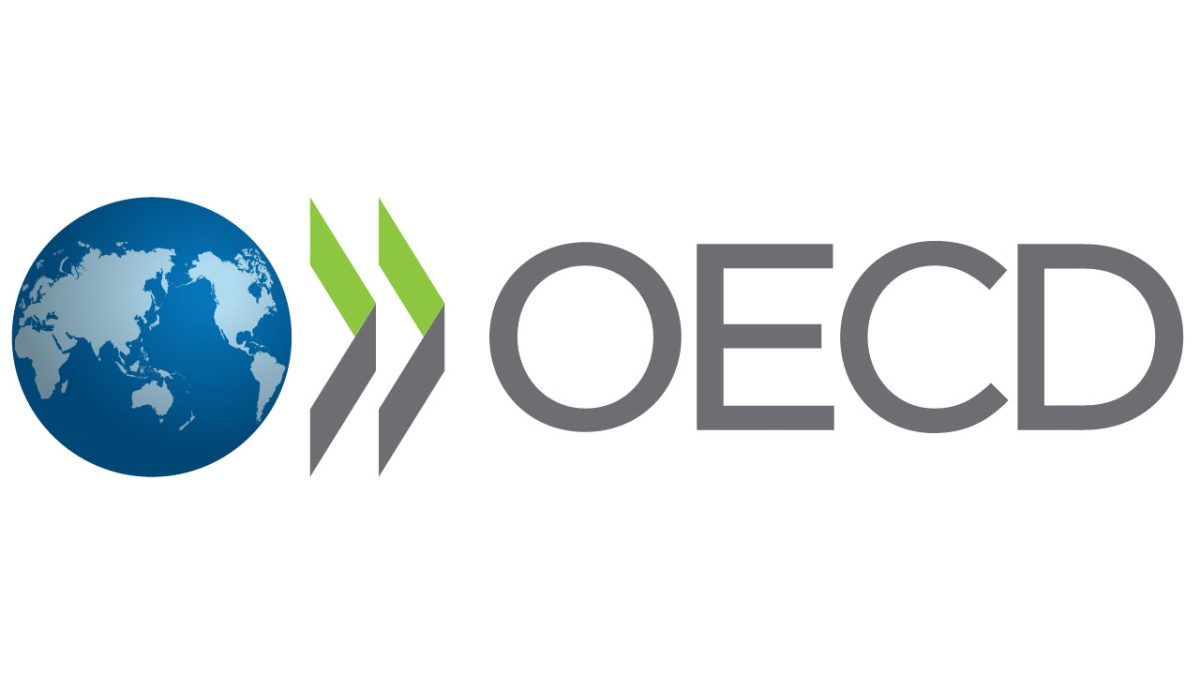Pointing to what he called the absurdity of The Bahamas profiting off of Guyana’s oil through the application of a 15% minimum tax on ExxonMobil, commentator Christopher Ram has blasted the government for not ensuring this country is paid its fair share.
In the 153rd instalment of his oil column in Stabroek News, Ram yesterday said that the development would be almost comical were it not so devastatingly costly to Guyana.
The Bahamas will be gaining by adopting the Organisation for Economic Co-operation and Develop-ment’s (OECD) Pillar Two framework which ensures that multinational enterprises such as ExxonMobil pay a minimum tax of 15%. ExxonMobil has a holding company registered in The Bahamas which covers operations in Guyana.
Guyana has not acceded to the OECD framework and on top of that it is paying taxes on behalf of ExxonMobil.
“Guyana’s refusal to adopt the OECD framework reveals an uncomfortable truth: our government has actively given up billions in revenue rather than even suggesting that ExxonMobil and its partners Hess and CNOOC should pay taxes on its hefty profits from Guyana. This active, deliberate and calculated inaction has led to the absurdity where The Bahamas, a country with only sand, sea and shells, will soon generate more tax revenue from Guyana’s oil industry than Guyana itself!!”, Ram declared.
He said that no one should be fooled that Guyana’s refusal to join the OECD framework is an oversight.
“…it is a manifestation of the country’s leadership kowtowing to Exxon and Hess over the interest of their own people. They know that if they sign on, they must commit self-styled heresy by charging tax on Exxon. Unfor-tunately, this is not their only show of loyalty to Exxon. Their refusal to utilise the renegotiation clause in the 2016 Petrol-eum Agreement already stands as a glaring example of fiscal surrender, with Guyana not only waiving its right to collect taxes but also reimbursing ExxonMobil for its tax obligations and providing receipts for taxes Exxon and Hess never actually paid.
“This is not about legal constraints or contractual obligations – this is about a government that has chosen to protect ExxonMobil from taxation rather than safeguard the financial future of its own people”, Ram railed.
He said that it is estimated that Guyana has already given up around three billion United States Dollars in taxes which the oil companies should have paid since 2020.
“To put this in perspective, The Bahamas anticipates generating approximately US$$140 million annually through its new tax measures, applied across its entire economy. Given the vast scale of ExxonMobil’s operations in Guyana, our potential revenue under the same framework would dwarf this figure multiple times over”, the Chartered Accountant and attorney said.
Ram charged that government officials, from President Irfaan Ali to Vice President Bharrat Jagdeo, continue to hide behind “contract sanctity” rhetoric to justify this inaction.
He further argued that the Government is engaged in dodgy accounting re-garding the taxes to be paid to the Guyana Revenue Authority. Under the 2016 Agreement, those funds should come from the government’s share of profits.
“But as we know, the 2021 Natural Resource Fund Act limits the use of the NRF funds. That, as lawyers would say, is an amendment by implication. However, an examination of the Government Estimates shows that there is no collection by the GRA, so the question then is who issued the Tax Certificate since it is not the GRA?”, he asked.
The inevitable question, he said, is whether Exxon accepted the amendment to the tax payment provision in the 2016 Agreement and whether there is some off-the-book arrangement between the company and the Government of Guyana.
Since it took office in August 2020, the government has come under pressure to seek a renegotiation of the 2016 Production Sharing Agreement with ExxonMobil in relation to taxes and other features but it has steadfastly refused to do so.









